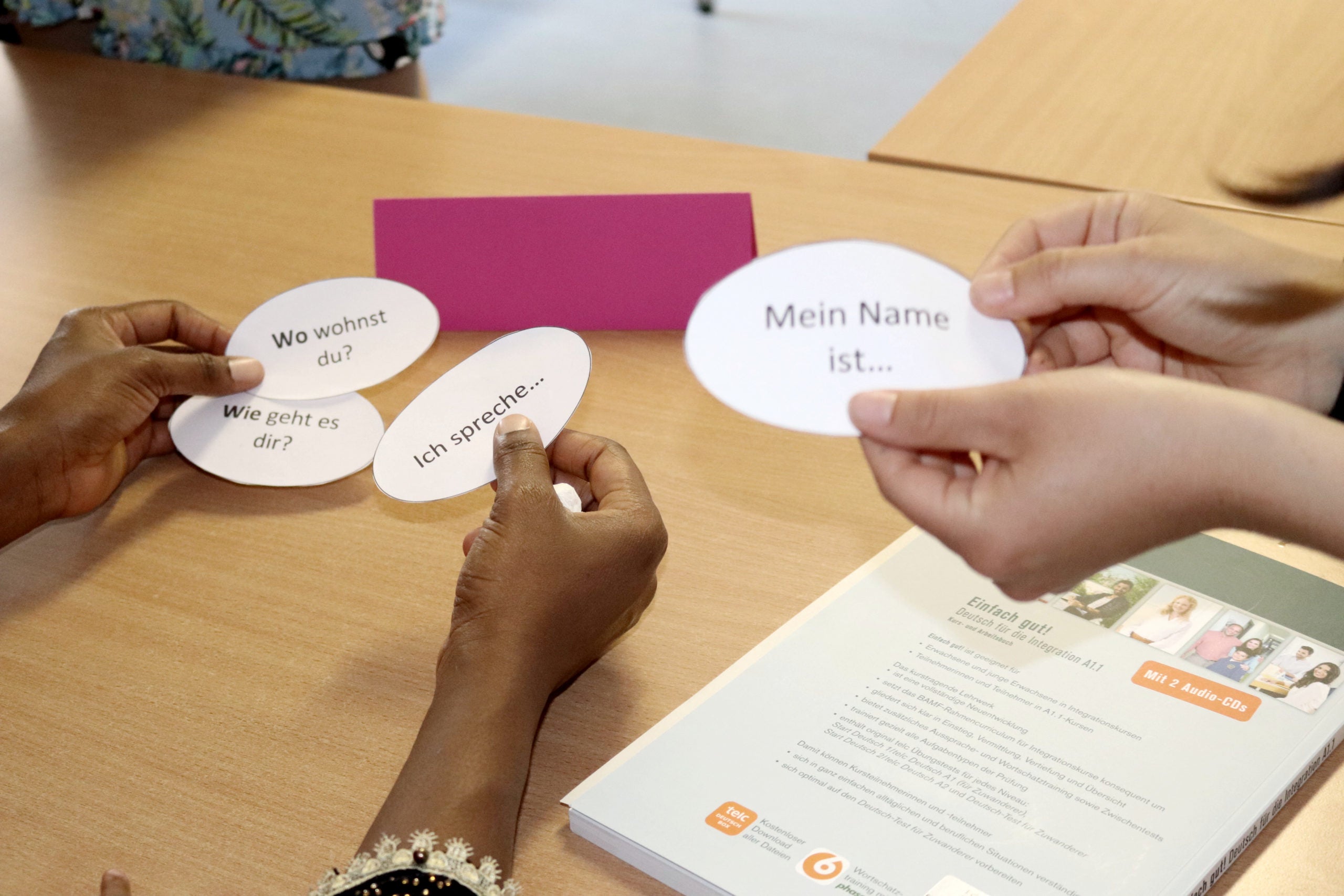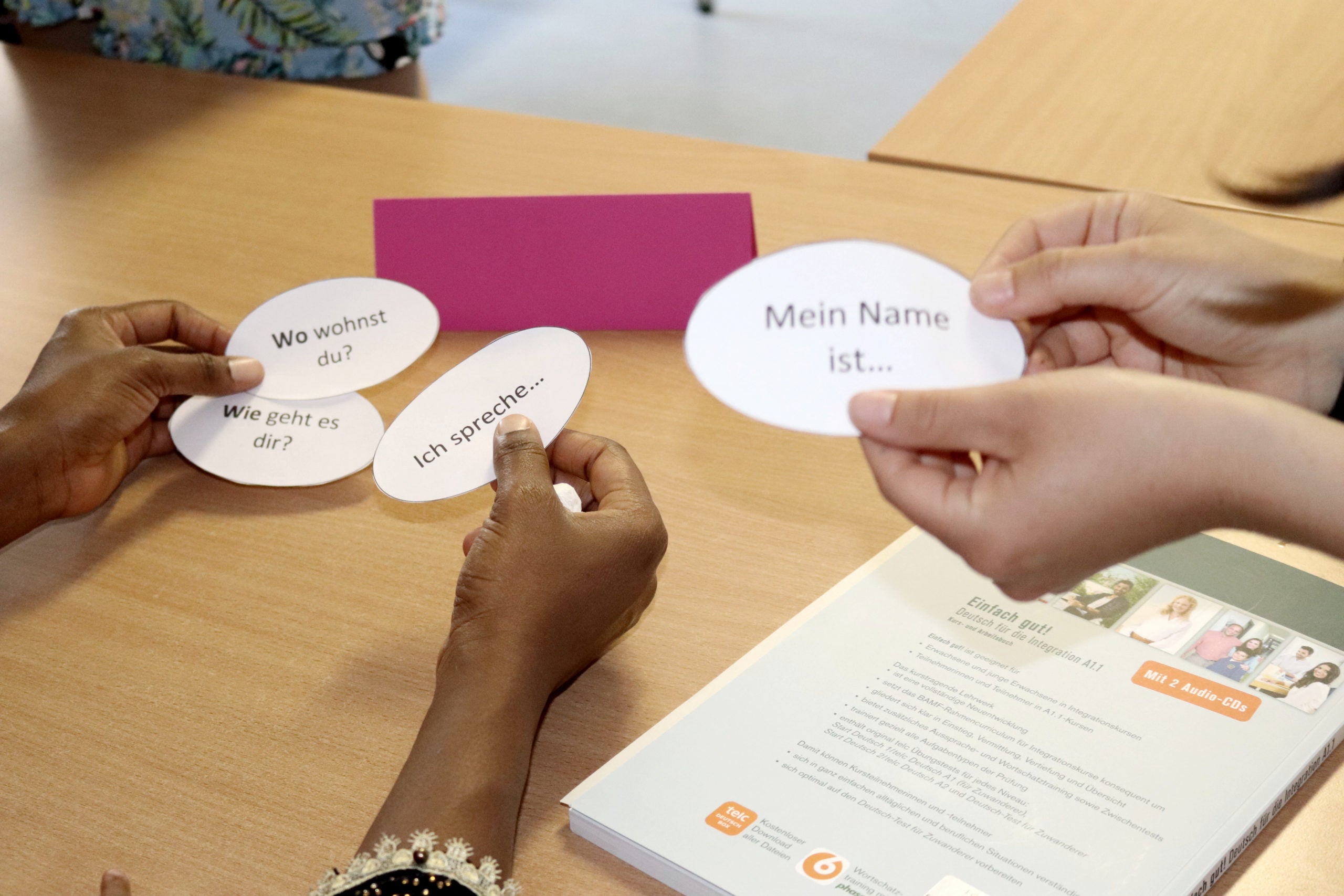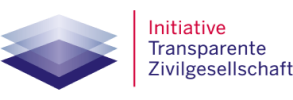Day 18
5 min. Language lessons with childcare for refugees in Regensburg
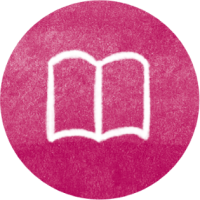 Arriving in everyday life - language creates opportunities Arriving in everyday life - language creates opportunities
Arriving in everyday life - language creates opportunities Arriving in everyday life - language creates opportunities
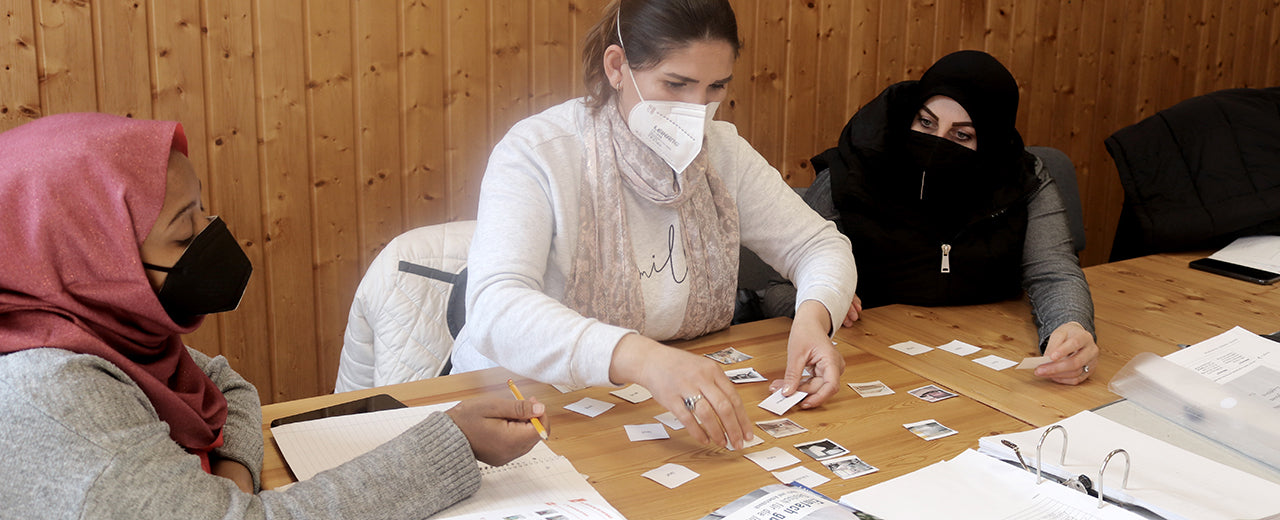

Learn the new language in a community and overcome small hurdles

Prof. Dr. R. Hochholzer presents his favorite project in the video
need
Language courses and advice for refugee women with small children who would otherwise not be able to attend language courses
activity
Language courses with accompanying childcare for refugee women, who are accompanied by individual learning and educational advice
Measurable performance
Number of refugee women with small children who have successfully completed a language course
Result
At least 40 refugee women significantly improve their German language skills and have access to individual educational advice
Systemically relevant impact
The social participation (language/education/work) of refugee women is increased and the integration opportunities of their children are improved
background
The good deed
About Germany
Berlin
Capital city
83,129,285
Population
50,801.8
Gross domestic product
per capita per year
Rank 9 of 191
Human Development Index
(Human Development Index)




